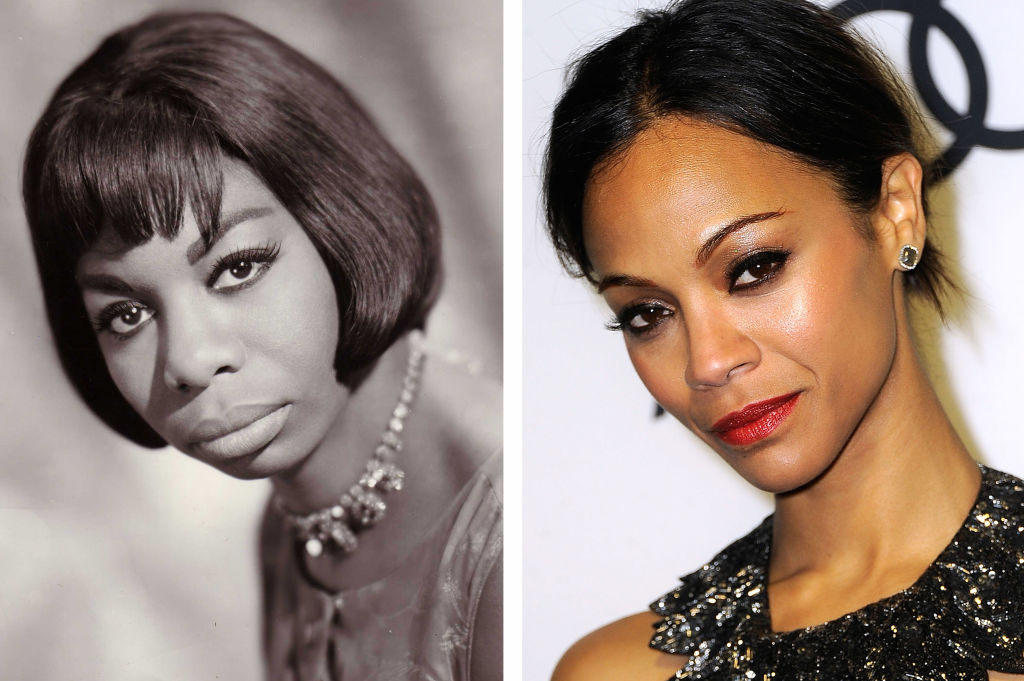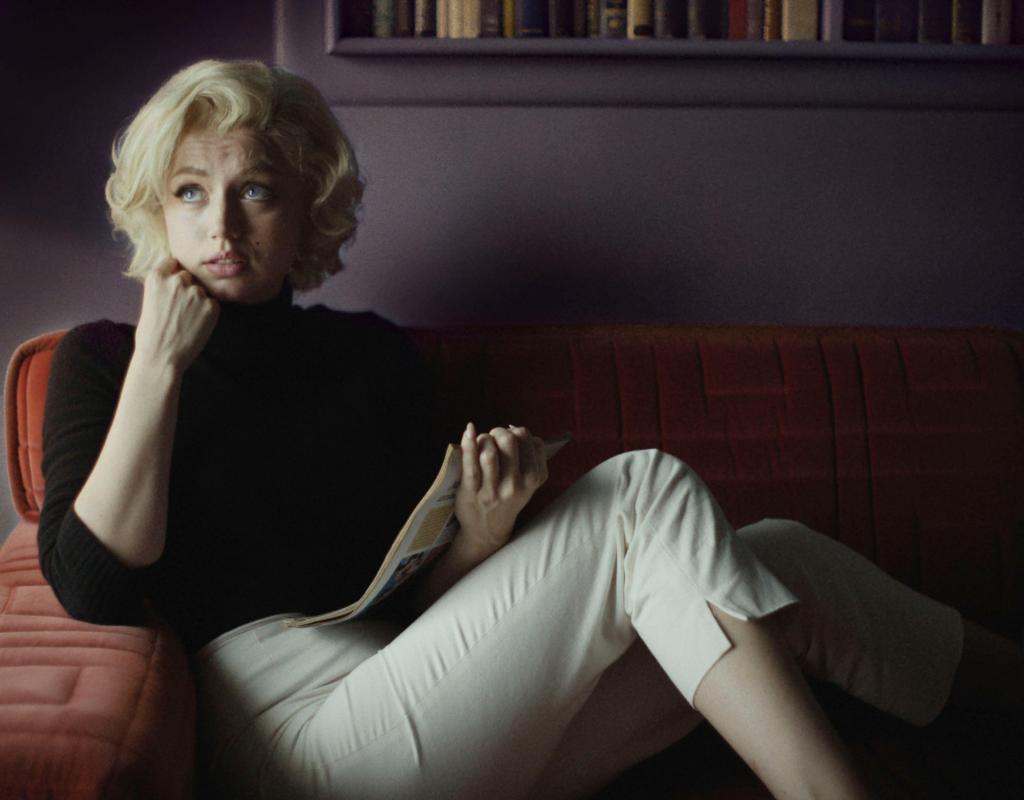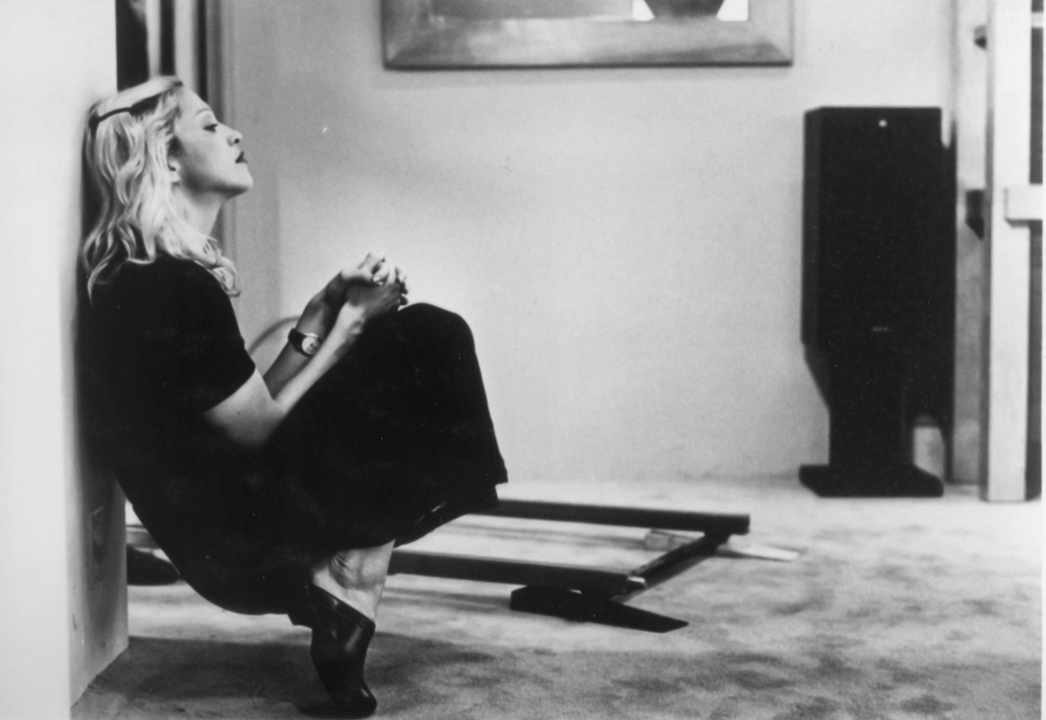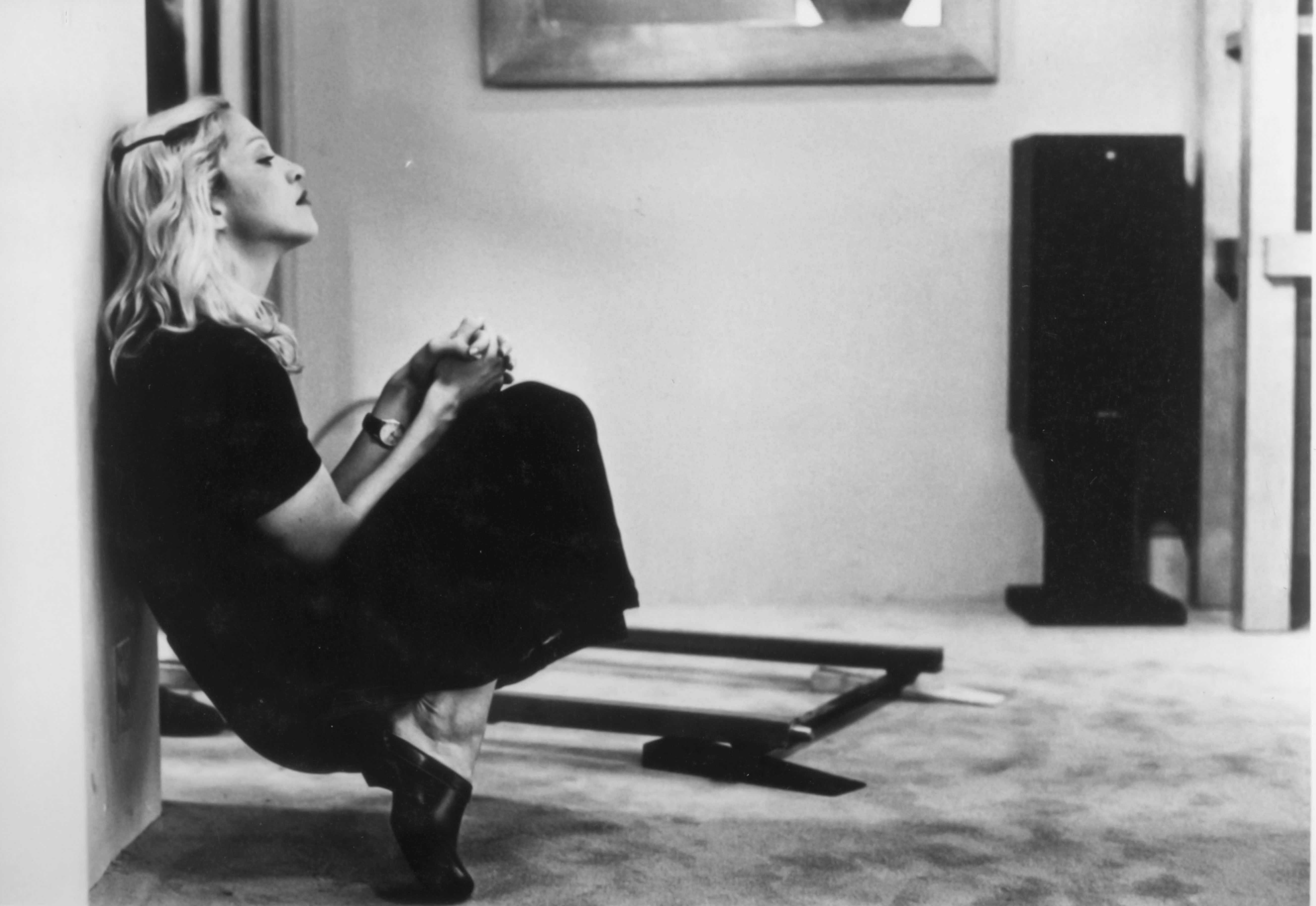Reading that Madonna has decided to cancel the film about her life that she has been working on for the past two years, I felt a pang of sorrow. The biopic sounded like the biggest vanity project ever attempted – and thus promised to be an excellent ‘mock-watch’, as I’ve named the cinematic equivalent of the ‘hate-read’. In the specific case of biopics (always an easy thing to get wrong when one person imitates another, often with hilarious results), perhaps ‘sham-shaming’ is even better.
Madonna was reported to be directing, producing and co-writing the film with the Oscar-winning screenwriter Diablo Cody, who has since moved on to the live-action Powerpuff Girls, obviously keen to get to grips with some real women of substance. The official line was that the pair worked well together, though the Sun begged to differ, with A Source claiming: ‘Madonna is very particular about how she wants it to be. She’s a perfectionist and because it is about her life, she is being very careful about how things come across. Diablo needed more freedom to be able to make it work and ultimately decided she couldn’t contribute any more.’
Rising stars Florence Pugh and Julia Garner had been mentioned in connection with the lead role, which Madonna made clear would be no light-hearted romp in the style of Spice World: ‘I want to convey the incredible journey that life has taken me on as an artist, a musician, a dancer – a human being, trying to make her way in this world… there are so many untold and inspiring stories and who better to tell it than me… it’s essential to share the rollercoaster ride of my life with my voice and vision.’ She’s now decided to take the easy option and embark on a world tour at the age of 64 instead.
Generally, biopics which the subject hates are more fun; if that person is a rotter, so much the better
This swerving on Madonna’s part comes some six years after Universal – the studio involved in her now-abandoned project – announced that it had bought the rights to a screenplay called Blond Ambition by one Elyse Hollander; a script so good that it made it on to the 2016 edition of the Hollywood Black List, which rates the best unmade screenplays. Madonna was not pleased about the acquisition, posting on Instagram: ‘Why would Universal Studios want to make a movie about me based on a script that is all lies? Nobody knows what I know and what I have seen. Only I can tell my story. Anyone else who tries is a charlatan and a fool.’ Mysteriously, this project is now MIA.
Madonna’s preposterousness-quotient being what it is (from seeming super-savvy, she has taken to making seven sorts of spectacle of herself on social media, most memorably posing on Instagram with sex toys), the prospect of these two biopics going head to head would have been a mock-watcher’s ultimate death-match. Generally, biopics which the subject hates are more fun; if that person is a rotter, so much the better, as when Ike Turner was shown up as a wife-beater in the Tina Turner biopic What’s Love Got To Do With it and in seeking to defend his reputation dug a grave from which he never really emerged: ‘The only time I ever punched Tina with my fist was the last fight we had… prior to that, our fights, or our little slaps, or whatever they were, were all just about attitude… she would take that attitude with her on to the stage and that would really depress me. So after the show, I’d end up slapping her or something.’
Everyone has their favourite bad biopics; mine would be Stardust (not the excellent one with David Essex, but the stinker about David Bowie which his estate objected to, thus leading to the surreal situation where a film about one of the great songwriters of the 20th century is soundtracked with Yardbirds and Jacques Brel songs) and The Doors (in which Val Kilmer contorts Jim Morrison’s magnificent self-destruction into a permanent sulky pout). But the biggest clunker of them all must be the 2016 Nina Simone biopic which was so bad that not only did Simone’s living relatives hate it (‘Hopefully people begin to understand this is painful… gut-wrenching, heartbreaking, nauseating, soul-crushing’) but the actress who played Simone (the Latin American Zoe Saldana, who darkened her skin and wore a prosthetic nose for the role) later apologised: ‘I should have never played Nina… I should have done everything in my power to cast a black woman to play an exceptionally perfect black woman.’ It’s a matter of course that actors are generally more attractive than the people they portray in biopics but much of Simone’s dynamism and sorrow stemmed from the fact that she considered herself ugly. On top of all that, the film is such a naive love-letter to France that it makes Emily In Paris look like a party political broadcast by Ukip.

But if you can get them right, biopics are big business as never before; 2018’s Bohemian Rhapsody set a box-office record in the genre as well as winning four Oscars (the most for any film that year) and inspiring an astonishing renewal in interest in Queen’s music. The band sold more albums in North America than any other artist in the first half of 2019, as well as the most digital songs with more than 1.3 million downloads; the three surviving members were believed to be earning £100,000 a day at one point. In an industry which has always seen death as a good career move, it’s not surprising that the Whitney Houston biopic is in the cinemas and the Amy Winehouse biopic in production.
Of course, music biopics aren’t the only fool’s errand in town; it’s always a joy to see the egos of thespians come up against people of real achievement. Gwyneth Paltrow played Sylvia Plath as a prancing show-pony looking forward to the day when she became CEO of a lucrative snake-oil brand, while Russell Crowe’s John Nash always seemed about to wig out and punch a pap. Julia Roberts’ turn as Erin Brockovich allowed her to run the gamut of emotions from A to B (as Dorothy Parker once said of Katharine Hepburn), but adding Sassy Seeker Of Uncomfortable Truths to her repertory; while Felicity Jones as Ruth Bader Ginsburg made me look forward to the equally do-able Dua Lipa as the late Indira Gandhi. It’s poignant when beautiful actresses play legendary beauties – Ana de Armas as Marilyn Monroe, Sherilyn Fenn as Liz Taylor, Sienna Miller as Edie Sedgwick –making one wonder yet again what star quality is and recall that line about Greta Garbo’s stand-in Geraldine Dvorak: ‘She has everything that Garbo has – except whatever it is that Garbo has.’

But musical biographies are without doubt the most sublime (Love And Mercy, the Brian Wilson story) and ridiculous (most of the rest), perhaps because they address the tension between the creative and interpretative arts. Even though actors invariably speak the words of others and singers often sing the words of others, a singer can breathe life into a rubbish song, whereas a good actor speaking bad lines can never transcend them. A singer can be ugly and make this unimportant because of their voice; only around one actor in a generation is allowed this privilege. We rarely give our hearts away to actors any more, since Elvis took over from James Dean; they can be lust objects but they don’t speak to us, understand us the way our pop idols do. The rift and resentment between these two branches of entertainment isn’t a full-on stand-off; it’s more like the relationship between France and Italy, outwardly clement while both secretly believing that they do it – food, fashion, the language of love – best.
Seeing photographs recently of the actors playing Ginger Spice and Prince Charles, recreating the 1997 Prince’s Trust show where the showgirl reputedly got a handful of the prince, I felt an instant flash of indignation at the choice of actress – ‘She looks nothing like my Geri!’ But I didn’t feel anything looking at the latest Charles; I’m totally familiar and fine with him being reduced to a collection of tics and winces by a succession of chancing actors. The Crown is where biopic meets treason – but I just don’t care. Maybe this is the secret of biopics; they show us the great divide between those public figures whose only use to us is as subjects of mockery and those who give us something that we feel is important enough to protect. I’d wager that Madonna – sell-out world tour and all – is, these days, very much the former.







Comments